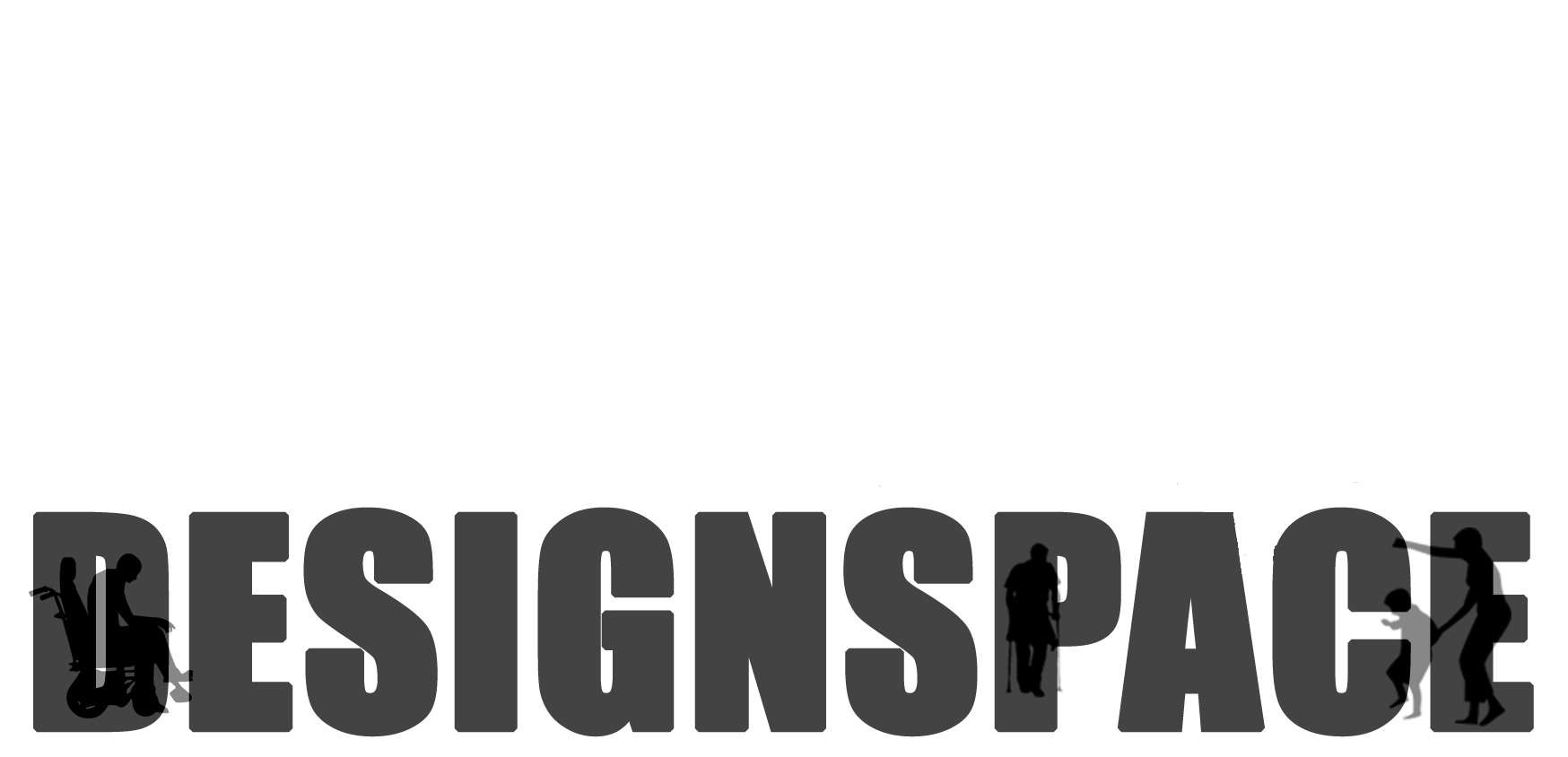DesignSpace
Cognitive Technologies and Educational Discourse for
People-Centered Spatial Thinking & Architecture Design


DesignSpace is a research and consultation group focussing on the development of cognitive technologies and educational discourse for people-centered spatial thinking and architecture design. DesignSpace research has developed cognitive assistive technologies for people-centred usability analysis and building performance evaluation at all phases of the architecture design process, including design conception, preliminary prototyping and iterative refinement, and evidence-based post-occupancy analysis with a specific focus on wayfinding, signage, and eye-tracking studies.
DesignSpace offers a range of solutions for the universal design paradigm guided execution of large-scale built-up environments; the team has a track-record in providing customised technological solutions for the healthcare and aviation sectors. DesignSpace also conducts case-study driven intensive seminars and accredited training workshops both in academic / non-profit as well as private contexts.
DesignSpace is a part of the CoDesign Lab EU, which pursues basic and applied research at the interface of Cognition, Artificial Intelligence, Interaction, and Design. General questions may be addressed directly to
Prof. Mehul Bhatt directly, or via info@design-space.org.

Universal Design for architecture refers to the characteristic of the built environment to be "usable to the greatest extent possible by everyone, regardless of their age, ability, or status in life". Concepts of universal design range from basic considerations of barrier or hindrance free design, to those pertaining to social, psychological, physiological, and aesthetic dimensions involved in the multi-faceted relationship between humans and the built environment.
Architects concerned with designing a building are confronted with imagining and anticipating the visuo-spatial and navigational experience of building users during the initial (design) conception phase. Architects, and therefore architectural design assistance systems, must envision the shape of empty space that achieves required economic, social, functional and aesthetic preferences. Knowledge generated from evidence-based methods from environmental and social psychology can also find its way into educational discourse and computational tools for design creation & analysis.
The complex interrelations between fundamental design elements, patterns, and constructs occurring within systems of spatial organizationand physical structure as they accrue in the design of the built environment are the subject of study in professional architectural education. However, cognitive modalities of human perception, attention, action, dynamics, environmental affordance and user experience, and design conception and semantics have not conventionally been a core aspect of architectural training and practice.
PEOPLE CENTRED ARCHITECTURE DESIGN


How can the future evolution of (architectural) design computing bring notions of design semantics, structure, function, and people-centred design to the fore at an ontological, representational and computational level?

What is the role of specialized forms of visuo-spatial abstraction, and commonsense spatial reasoning, within the broader realm of design computing, spatial design assistance, and tools for design learning and education?

What is the nature and form of the analytical feedback that designers and planners expect during the early design conception and iterative refinement phase?
All rights reserved. CoDesignLab EU / DesignSpace